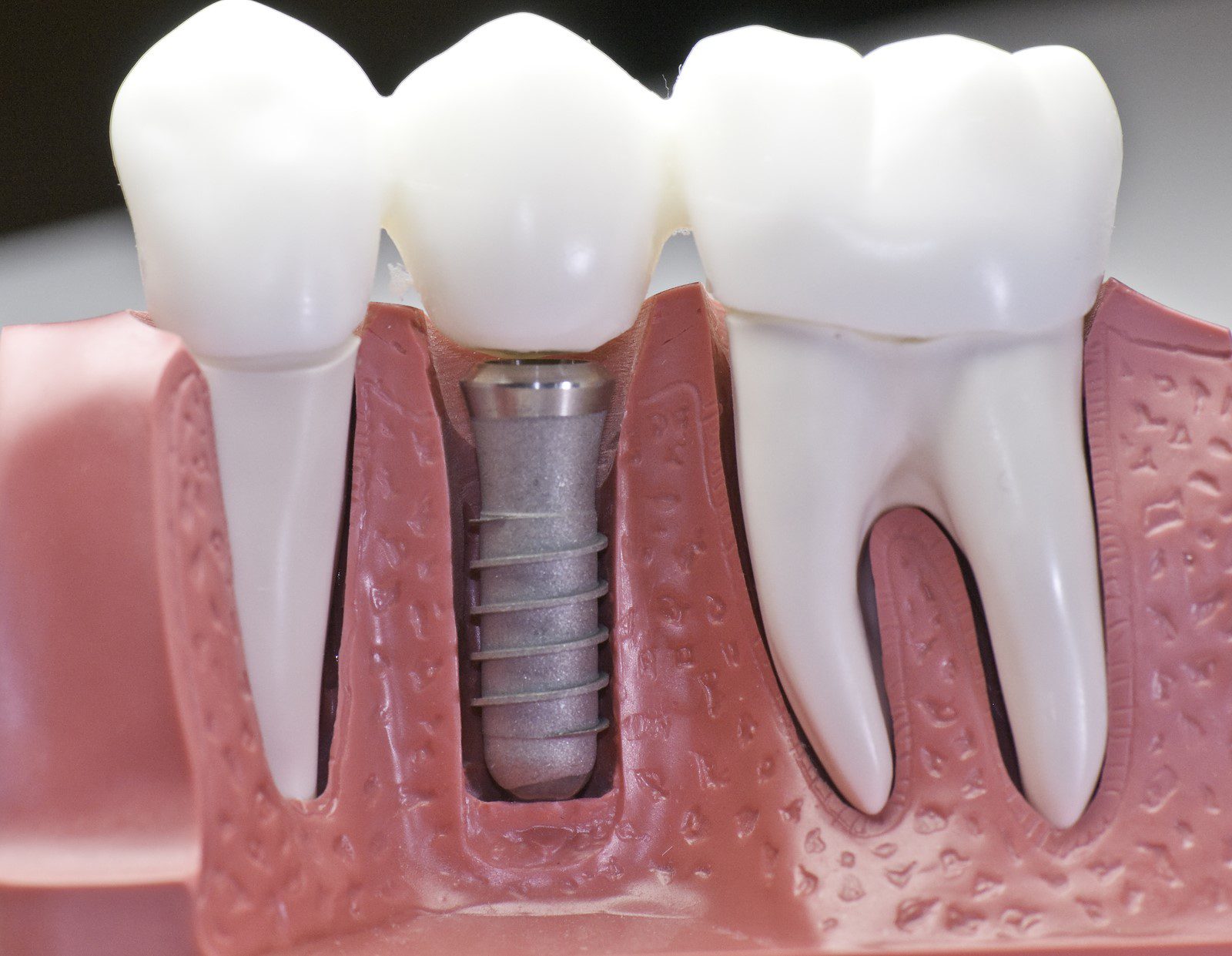Post-menopausal women with osteoporosis are known to be at greater risk of losing their teeth. With that, effort has been made to identify the tooth replacement that can provide them the highest level of satisfaction in their work and social lives. According to a study published in the Journal of International Dentistry, dental implants took the cake—respondents who had dental implants had the highest overall satisfaction, followed by those with fixed dentures, false teeth, and no dental restoration work at all, in that order.
As both osteoporosis and dental implants involve the condition of one’s bones, patients with the condition often ask if they can be good candidates for dental implants. For locals, the best way to find out is to consult a dentist in Greenville, SC who offer dental implant services, such as Dr. Trey Kenna of Downtown Dental.
Osteoporosis is a condition wherein the bones lose calcium, causing them to become thinner and more prone to fractures. Contrary to popular belief, this condition is not confined to just the spine and bones in the extremities. It can also affect other bones, including those in the jaw, making osteoporotic women more prone to losing their teeth. This is where the adage, “Use it or lose it” comes into play—the jawbone needs teeth for it to keep its density intact. If a tooth is lost, the jawbone loses its function of keeping the teeth secure, and starts to shrink. Furthermore, bone loss in the jaw can change the shape of a person’s face, and make performing restorative dentistry much more difficult in general.
The success of dental implants on osteoporotic patients is not completely far-fetched, though. A study published on NCBI.com backs this up—the study observed a total of 646 implants in 192 patients aged 50 years and older, and found out that only 37 implants failed, equating to a 5-year implant survival rate of 93.8 percent. The success rate is also high for people who take osteoporosis medications called bisphosphonates. One study tested 468 implants on patients taking the medication, and all but 2 fully integrated into the jaw and stayed stable.
To improve the chances of success for dental implants, it’s important for patients to tell the dentist right from the start if they’re taking osteoporosis medications and how long they’ve been doing it. This can help the dentist determine a patient’s candidacy, and will also factor into developing the treatment plan for the patient.
Sources:
Study Finds Dental Implants Result In Better Quality Of Life For Osteoporotic Women, MedicalXPress.com, June 11, 2015
Osteoporosis & Dental Implants, DearDoctor.com
Osteoporosis And Your Jaw, SimpleStepsDental.com
Effects Of Osteoporotic Status On The Survival Of Titanium Dental Implants, NCBI.NLM.NIH.gov
Can You Get Dental Implants If You Have Osteoporosis Or Other Bone Diseases? RavonKnopf.com
Outcomes Of Placing Dental Implants In Patients Taking Oral Bisphosphonates: A Review Of 115 Cases, NCBI.NLM.NIH.gov






